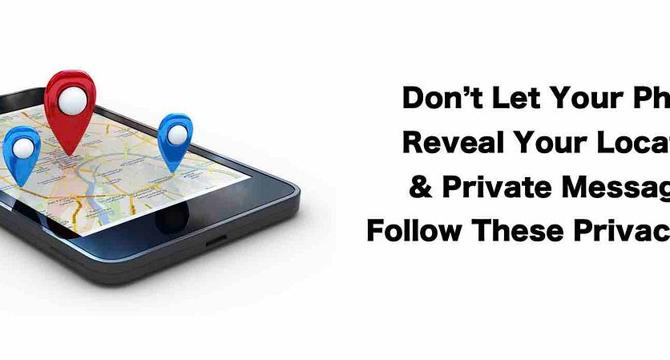Medium
5d
106

Image Credit: Medium
Don’t Let Your Phone Reveal Your Location and Private Messages: Follow These Privacy Tips
- Hackers can track your location through your phone number when using mobile apps like Signal, Telegram, WhatsApp that require phone numbers for registration.
- Web-based messages utilize IP addresses for communication; VPNs can help hide your IP address to enhance privacy and security.
- Encrypting messages offline before using platforms like Facebook, WhatsApp, Gmail can protect your privacy from potential hackers.
- Cellular carriers can determine your location through triangulation using signal strengths, potentially selling this data to third-party companies for tracking.
- Phones have unique IDs and geofencing allows drawing boundaries around areas to monitor phones present in that location.
- Apps like Facebook, Instagram, Messenger, and Linkedin collect and share user data, including location and activity details.
- To safeguard privacy, turn off location services, limit app permissions, use VPNs, toggle off cell connections and Wi-Fi, and consider using a Faraday bag.
- Utilize services like Make It Private for message encryption and consider using the Community Alert system for broadcasting alerts to specific groups.
- Protect your privacy online by following tips such as disabling location settings, turning off radios when not in use, using Airplane Mode, limiting app permissions, and resetting advertising IDs regularly.
- Web-based messaging, encryption, and security practices are recommended over cell phone traffics to protect your privacy and whereabouts.
- Various measures, including utilizing VPNs, Faraday bags, and encrypted messaging, can help individuals shield themselves from online tracking and privacy invasions.
Read Full Article
6 Likes
For uninterrupted reading, download the app